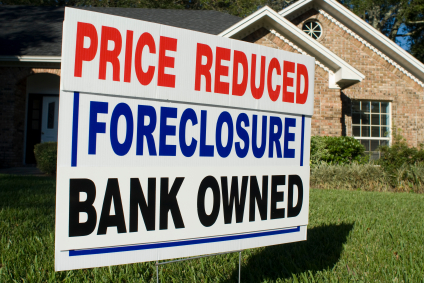The recent Federal Reserve announcement that the Great Recession caused median family net worth in the U.S. to fall nearly 40 percent, from $126,400 in 2007 to $77,300 in 2010, prompted us here at Finance, Insurance & Real Estate Policy News to ask experts in economics, public policy and investing their reaction to the news. Here’s what they had to say:
Polina Vlasenko, research fellow, American Institute for Economic Research:
“We need to go back farther than 1995 to get $77,000 net worth. Once we adjust for inflation, median net worth in 1995 was $82,000. Median net worth has fallen to levels of the early 1990s,” says Vlasenko. “It’s probably increased a little since 2010 because the stock market is higher, but it’s somewhere in the level of the mid-90s. The previous 15 years just dissolved into thin air.”
She says there is a sense in which the wealth was never real anyway.
“If we believe houses have fallen to more realistic price levels, real wealth hasn’t been destroyed. The house is still there,” she says. “The question is when did the housing bubble start? There’s no consensus on this but it wouldn’t be at all extreme to say from the mid-1990s to 2007 there was an increase in housing prices that was much faster than the overall rise in the economy.
“When we say wealth was destroyed that wasn’t really there, that doesn’t mean nobody got hurt. Clearly, people who bought houses in 2004 were hurt. Maybe somebody who bought in 1994 and still has the house has not been hurt. But many have lost in real terms.”
Government Policy Guilt
She blames the bubble on government policies that steered people into housing. These policies include artificially lowered interest rates by the Federal Reserve, government-subsidized or guaranteed loans (including Fannie Mae and Freddie Mac mortgage purchases), and tax deductions for borrowed money.
With less paper wealth comes less ability to borrow. People instead are spending only from income and savings.
“This is a big reason the recovery is so tepid,” Vlasenko says. “As income rises a little, people spend a little more, but spending goes up only as fast as the available money, which isn’t very fast.”
She says the economy needs to adjust to at least 15 years of overemphasis on real estate and related industries, such as the loan industry.
“Once the bubble burst in 2007, it became clear we don’t need all those people in that sector of the economy,” Vlasenko says. “These people have to find something else to do. Finding a job in a different field is difficult. We are in a structural adjustment situation.
“It’s not a matter of spending more money,” she added. “When people say government should do something, that presupposes government knows what to do. It’s impossible for government to know because things change all the time. Until we’re done with the structural adjustment of people moving out of bubble sectors into something else, growth is going to be less than spectacular, and government policy is going to be less effective, especially interest rates.
“People got burned by debt. They realize if they borrow a lot and something happens to their income, they’re in trouble. These record-low interest rates have little effect because they are supposed to encourage people and businesses to borrow and spend. But if people have an aversion to borrowing because they’ve been hurt by it, they don’t care about low interest rates.”
Lawrence W. Reed, president, Foundation for Economic Education:
“Blaming the massive decline in wealth on the recession is like blaming a car crash on the cars even though the drivers were all stone drunk,” says Reed. “If someone were to ask me how to make the wealth of a country fall by 40 percent in just four years’ time, I would advise the following:
“Create an unsustainable bubble in real estate by flooding the banks with cheap money and jawboning banks to make loans to people who can’t afford them. Then when the bubble bursts, keep the economy from recovering by imposing massive wasteful spending and costly new regulatory and entitlement schemes.
“In other words, do precisely what the politicians have done. Instead of fixing the fundamentals by nailing government to its proper place, just give it more power and resources to perpetuate the problems it created. When nonsense and bad policy create disaster, why should we be surprised?”
Andrew Schrage, co-owner of MoneyCrashers.com, a Chicago-based firm that provides advice on credit, debt and investing:
“My clients are responding in the same ways most Americans are: saving money however they can, delaying major purchases, and taking just about any job they can get,” says Schrage.
“Furthermore, the full effect on the U.S. economy of the European debt crisis remains to be seen. For those who think the crisis has been averted, look to Spain’s recent request for $125 billion in aid from Europe to keep its banking system afloat as proof that it is still very much a reality.”
Schrage agrees the wealth “was absolutely illusory” and puts some blame on Fannie Mae and Freddie Mac and also on the repeal of the Glass-Steagall Act in 1999, which officially ended the separation of investment banking from commercial banking. He says this enabled banks to “legally gamble with depositors’ money.”





